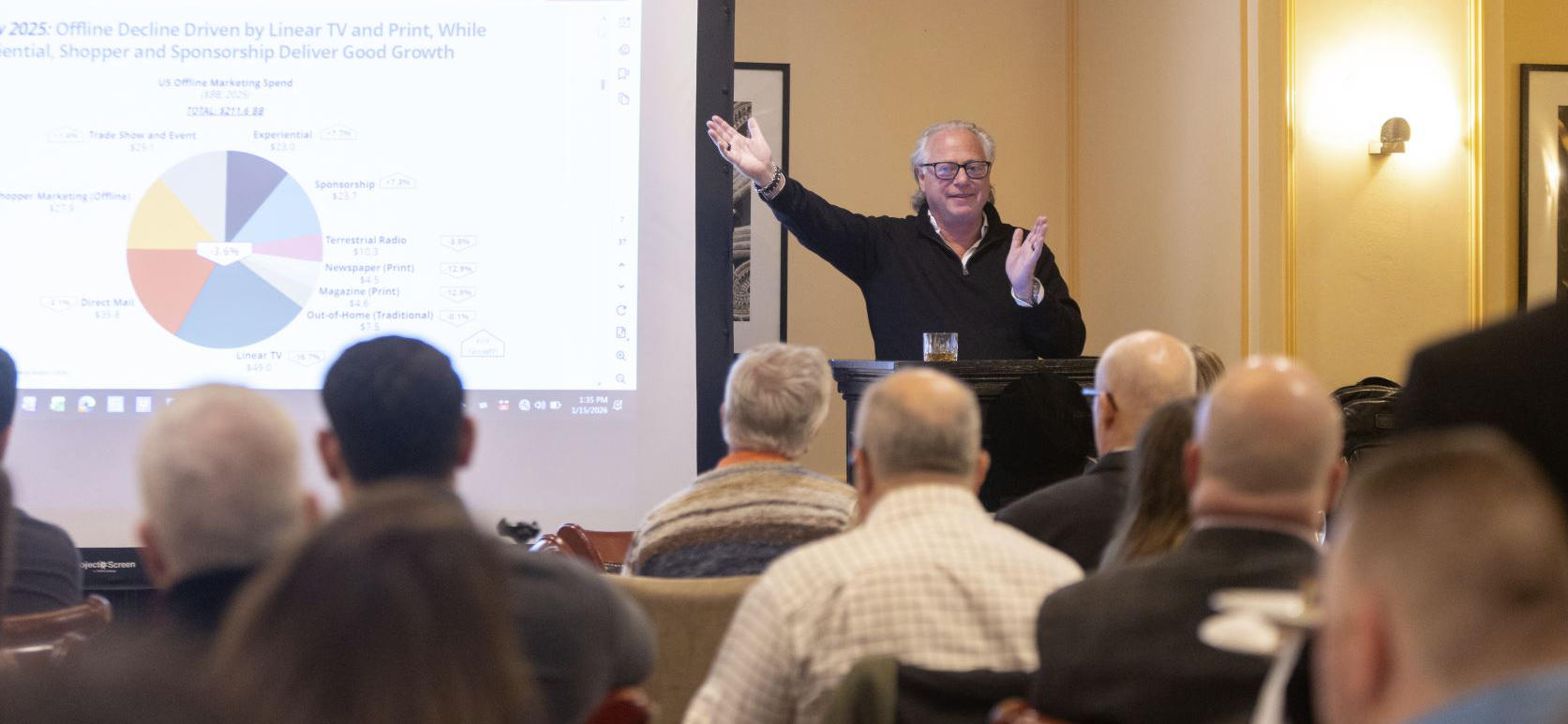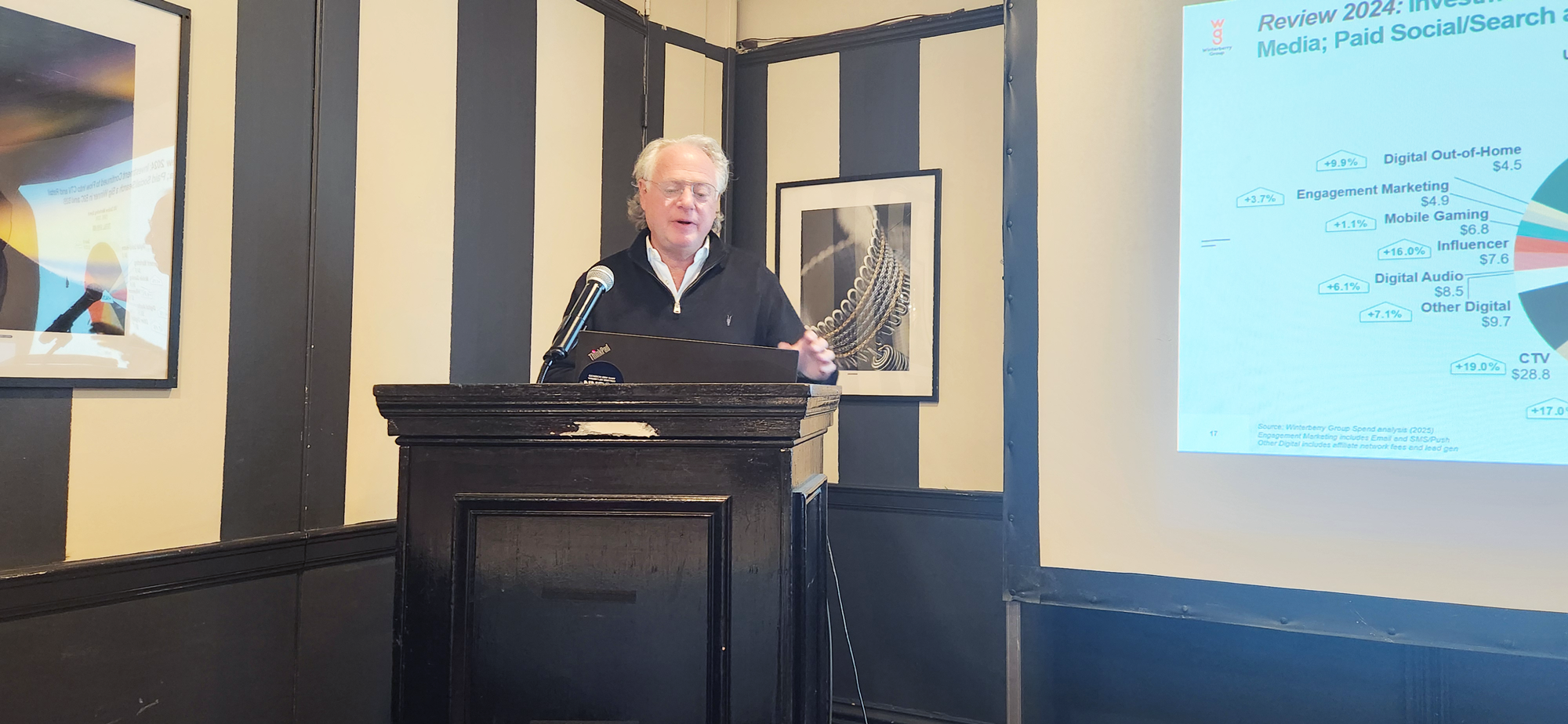

As marketers think about working with interns and mentoring students, it’s important to understand college students’ current mindset. So, non-profit educational organization Marketing EDGE conducted a survey of nearly 200 U.S. college students, “A Sudden Transition to Online Learning: The Student Perspective.” The study reveals a range of attitudes toward the adjustment from in-person classroom and on-campus instruction to remote, online learning.
While a majority of students (71 percent) described the transition as “OK,” nearly 1 in 4 students (23 percent) found the process “difficult”; only 6 percent said it was “easy.”
The biggest challenges among all respondents were “distraction and motivation” (41 percent). More than a third (35 percent) reported challenges in their home environment, 27 percent said that online teaching/learning was difficult to adjust to and 20 percent of students cited technical difficulties—from Wi-Fi connectivity to educators’ unfamiliarity with online teaching platforms.
Other concerns included workload (14 percent), mental and emotional issues as a result of shifting from in-person to online coursework (8 percent), and balancing school with internships/jobs (5 percent).
“We’re inspired by the resilience and steadfastness reflected by the majority of students who reported being okay as they adjusted to a whole new virtual learning landscape,” said Marie Adolphe, senior vice president – program development at Marketing EDGE. “Yet, we’re also acutely aware of those with added challenges.
As a result, Adolphe said, Marketing EDGE will to “double down” on its commitment to helping students access needed resources and support from educators, colleges, universities, and employers. Additionally, the organization will work with those partners to “enrich, enhance, or otherwise improve distance education and opportunities for all students in the months ahead,” she said.
According to the report, students want educators and employers to be present and engaging, be flexible and creative, master the technologies needed to collaborate remotely, and stay connected.
“As many schools prepare to have an increased [number] of virtual classes during the school year ahead,” Adolphe said, “it is imperative to find the right balance that meets the needs of the students, as well as those of the institutions.”

About the Author
As president of DMCNY and editorial advisor to DMCNY’s MKTGinsight, Ginger Conlon catalyzes change in marketing organizations. She is a frequent speaker on marketing and customer experience and serves in advisory roles for several industry organizations. Ginger was honored with a Silver Apple lifetime achievement award for her contributions to the marketing industry. Find her at @customeralchemy and on LinkedIn








